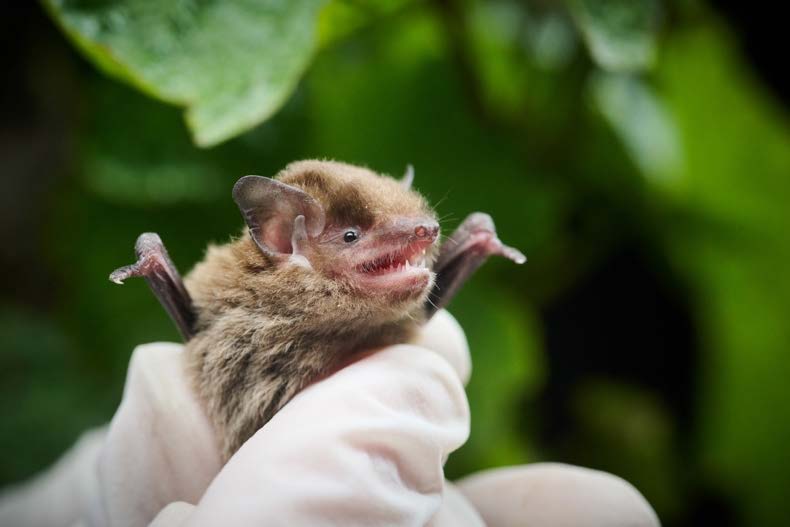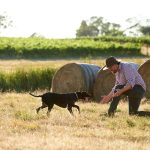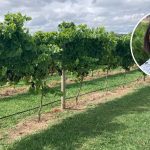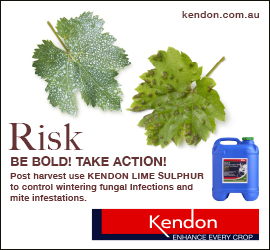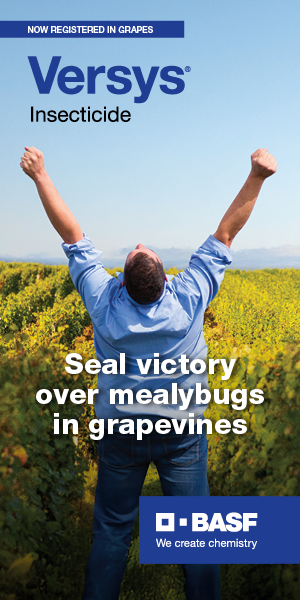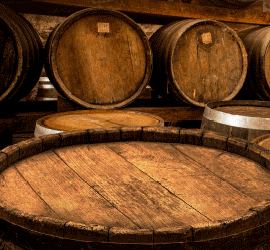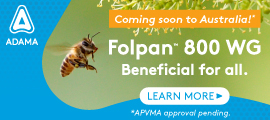Image courtesy Fowles Wines
Victorian winery Fowles Wine has partnered with the University of New England (UNE) for a ground-breaking study of micro-bats that could see savings of $50 million per annum for Australia’s wine industry.
Operating with the philosophy: “to farm in nature’s image”, the winery has also embarked on a partnership with Euroa Arboretum to implement insectariums and seed orchards to ensure regenerative and self-sufficient ecosystems – particularly important for areas where bushfires are prevalent and native plant life is at risk.
Matt Fowles, owner of Fowles Wine said the Strathbogie Ranges winery is always looking at ways they can work with the power of nature to support their winemaking and its environment.
With that in mind, the winery’s latest project is investigating the value of some of its smallest inhabitants – the microbats that call the winery home.
The joint study is investigating whether the micro-bats are consuming pests in the vineyard at the same rate as in cotton farms, with the potential to increase the use of natural resources in the broader wine industry.
“Every day, the bats can consume 30-100% of their body mass. A colony of 100 bats, weighing 10 grams each, could remove up to one kilo of insects every night,” said Fowles.
“There are 16 species of insect-eating bats in Victoria, including four endangered species, but we don’t know how many of them are living and foraging in the vineyards. What we do know is that where the bats populate and can echolocate is where the vines and fruit thrive most.”
Dr Heidi Kolkert and Dr Zenon Czenze from UNE have installed sound recording devices in the Fowles vineyards to better understand the different bat species living there, their insect feeding habits, and the role they play to maintain biodiversity in the local ecosystem.
“In the first year of the ‘Bats and Wine’ initiative our preliminary results suggest that bats play a vital role in controlling agricultural pests within NSW vineyard ecosystems,” Dr Czenze said.
“This current project with Fowles represents a leap forward — the most comprehensive study yet — aimed at unravelling bat diversity and their ecosystem contributions within vineyards.”
Along with the ‘Bats and Wine’ initiative, the researchers also completed a fauna survey for a more holistic understanding of wildlife at Fowles Wine and the greater region.
In another initiative aimed at harnessing the power of nature, Fowles has also partnered with Euroa Arboretum to establish insectariums – which double as ‘seed orchards’ – comprising diverse native flowering shrubs and trees across their vineyards and farmland.
“The insectariums are planted to attract diverse predator and pollinator insect life, adding diversity of native plants in and around the vines and ensuring a natural balance,” explained Fowles.
“The insectariums will also allow the Euroa Arboretum to collect seed to ensure they can regenerate native plant life on the property, or further afield, which is vital in regional Victoria where bushfires are a large threat to many plant species.
“In addition, the insectariums provide shelter and nesting space for birds and provide stepping stones for wildlife movement.
“We are literally inviting insects into our vineyard, which is the very different to traditional practices for growing vines. We are encouraging the natural occurrences that mother nature provides.”
Fowles has also welcomed beehives to its vineyards where the bees can work their magic on the vines and cover crops, helping ensure the vines can thrive and produce the grapes that enhance the flavour in every glass.
“At the end of the day, nature always wins, so why fight against it when you can work with it. There is a purpose for everything that our environment provides. The different species of grass that grow beneath our vines provide sun protection to the soil, the moths are food for the bats, the bees pollinate our local flora,” Fowles said.
“The human eye likes repetition and order, which is part of the reason we traditionally try to maintain our surrounding environment. At Fowles we work with the chaos that naturally arises and mirrors the likes of our Australian bush.
“This helps to create a balanced farming system. We also strive to repurpose and utilise what is available on the property – this is what makes Fowles so unique.
“From using the restaurant food waste to feed the farm life, to composting the skins from the winery, and collecting run-off water for the dams, which is then cycled back into the vineyard. We even use the honey from the bees to bring sweetness to our kitchen.”
“Our main priority is not yield, it’s about embracing the power of nature and surrendering to the chaos and seeing the incredible quality that it brings.”
Are you a Daily Wine News subscriber? If not, click here to join our mailing list. It’s free!
